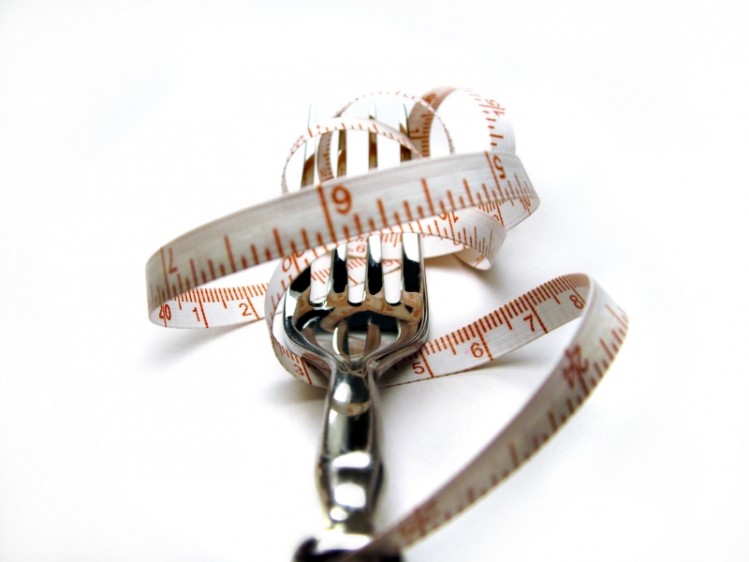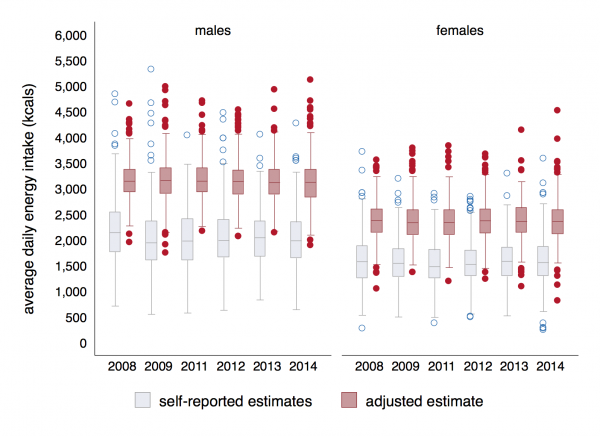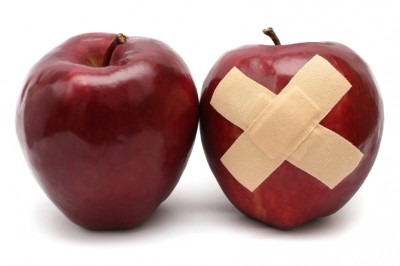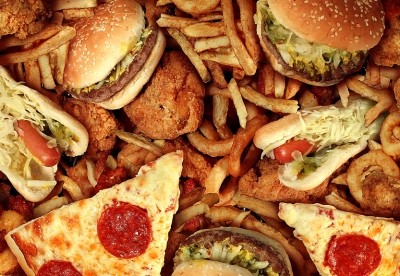Britons underestimate calorie intake by one-third

Research from the ONS’s Data Science Campus, carried out as part of the Evaluating Calorie Intake for Population Statistical Estimates (ECLIPSE) project, compared reported calorie intakes with data collected from doubly labelled water (DLW), a method of measuring energy expenditure that is considered the “gold standard” in nutrition studies as an approximation of “true” calorie intake.
According to the study, the average reporting error across all adults was found to be 32%. The minimum was negative 16.5% ( representing over-reported calorie intake) and the maximum was an under statement of 72.2%.
Data was collected from 2008-2014. The mean energy intake estimated using self-reported data was found to be 2,065 and 1,570 calories for males and females respectively, across all survey years. The average energy intake according to data collected using the DLW method showed men consumed 3119 calories and women consumed 2393 calories, across the survey period.
Absolute differences between self-reported estimates and DLW measures ranged from 598 to 3,671 calories, the researchers found.
Self-reported intake, weight, age and gender were all “significantly associated” with reporting error. In particular, the data revealed that the heavier a person is, the more likely they are to understate their calorie intake.
“The findings presented in this report corroborate weight as a significant factor associated with individual reporting error. Increasing obesity rates could be a contributing factor of reporting error in national estimates of calorie intake,” ECLIPSE data scientists noted.
Moving with the times

The survey was carried out between 2008 and 2014. Over this period, the study found men reported consuming fewer calories. The estimated average energy intake declined from 2,198 and 1,600 calories in 2008 to 2,033 and 1,584 calories in 2014 for males and females respectively.
“The decline was found to be statistically significant for males. There was no statistical difference in estimates for females,” the report noted.
However, data from the DLW samples collected suggested that men are not, in fact, cutting their calorie consumption.
“The adjusted calorie intake estimates appear stable over the study years and there was no statistical evidence for decline, among both males and females. Adjusted average daily calories were found to be 3,164 in 2008 and 3,140 in 2014 for males, and 2,376 in 2008 and 2,365 in 2014 for females.”
Under-reporting ‘always’ an issue
Responding to the data, Public Health England said that under-reporting of calorie intake is “always” an issue for diet studies.
“Underreporting of intakes has always been a feature of all diet surveys. Some people forget what they’ve consumed and some change what they record knowing they are part of a survey,” Dr Alison Tedstone, chief nutritionist at PHE, suggested.
Dr Tedstone insisted that PHE works to “minimise” the impact of under-reporting in its own National Diet and Nutrition survey which, she said, provides “the most robust data on the population’s diet”.
PHE is expected to update its obesity strategy in March, with an expected shift from sugar content to overall calorie consumption.
PHE is working to raise awareness of dietary issues through efforts such as its Change4Life consumer education programme. The latest drive in Change4Life called for parents to look for 100 calorie snacks in a bid to cut down the high-calorie options that are often provided to children.
During March, it is understood that the public health body will kick off a new campaign targeting adult diets under the One You campaign umbrella. This will encourage adults to target a ratio of 400-600-600 calories for their main meals and increase awareness of the level of calories people are consuming “on the go” when they eat out. Most of PHE's education efforts have concentrated on work with children and this new move represents something of a shift in emphasis.
While PHE has said information on calorie levels in restaurant menus would be “useful” FoodNavigator understands that it is not calling for food outlets to be required to detail calories. PHE is taking more of a collaborative approach and will be partnering with a number of high street brands to promote the 400-600-600 message.

















